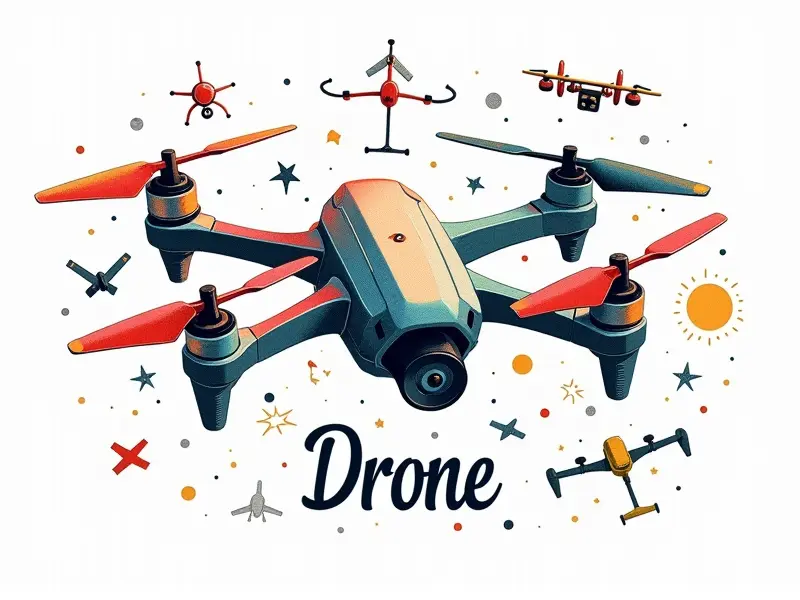Quadcopter battery capacity?

Quadcopter Battery Capacity: What You Need to Know
When it comes to flying a quadcopter, one of the most critical factors that determine your flight experience is the battery capacity. A well-chosen battery can significantly enhance your drone's performance and extend its airtime, making your flights more enjoyable and productive.
Maximizing Flight Time with Quadcopter Batteries
The primary goal for any quadcopter enthusiast is to maximize flight time while maintaining optimal performance. This involves selecting the right battery type, capacity, and voltage that best suits your drone's specifications and intended use.
Understanding Quadcopter Battery Capacity Ratings
Battery capacity ratings are typically expressed in milliampere-hours (mAh) or watt-hours (Wh). The mAh rating indicates how much charge a battery can hold, while the Wh rating reflects its energy output. Higher capacity batteries generally provide longer flight times but may also be heavier and more expensive.
Best Batteries for Extended Quadcopter Flights
To achieve extended flights, consider using high-capacity LiPo (Lithium Polymer) batteries with a higher mAh rating. These batteries are lightweight yet powerful, making them ideal for long-duration missions such as aerial photography or videography.
Choosing the Right Battery for Your Quadcopter
Selecting the appropriate battery is crucial to ensure your quadcopter operates efficiently and safely. Factors like voltage requirements, discharge rates (C rating), and physical dimensions must be considered when choosing a battery.
The Impact of Battery Size on Quadcopter Performance
Battery size directly affects flight time and payload capacity. Larger batteries can extend flight duration but may reduce maneuverability due to increased weight. Conversely, smaller batteries offer better agility at the expense of shorter flights.
Tips to Increase Quadcopter Battery Efficiency
- Optimize Flight Patterns: Fly in a way that minimizes energy consumption, such as maintaining steady speeds and avoiding rapid maneuvers.
- Reduce Weight: Remove unnecessary accessories or payload to lighten the drone's load.
- Monitor Battery Health: Regularly check battery condition and replace old batteries to ensure optimal performance.
Common Quadcopter Battery Issues & Fixes
Batteries can encounter various issues over time, including swelling, reduced capacity, or failure. Addressing these problems promptly is essential for maintaining your quadcopter's reliability.
- Battery Swelling: This occurs due to excessive heat generation during charging or discharging. Store batteries in a cool place and avoid overcharging.
- Reduced Capacity: Over time, battery capacity naturally decreases. Replace batteries that show significant performance drops.
Optimal Battery Choices for Long-Range Quadcopters
For long-range applications such as mapping or surveying, high-capacity LiPo batteries with a balanced weight-to-power ratio are recommended. These batteries offer the necessary endurance while maintaining acceptable flight characteristics.
Boosting Quadcopter Endurance with Better Batteries
Incorporating advanced battery technologies like higher capacity cells and improved charging solutions can significantly boost your quadcopter's endurance, allowing for more extended missions without compromising performance.
Extend Your Quadcopter's Airtime Effectively
To extend airtime effectively, focus on optimizing both hardware (batteries) and software (flight patterns). By combining the right battery with efficient flying techniques, you can maximize your quadcopter’s operational capabilities.
Conclusion
Maintaining optimal battery capacity is crucial for achieving extended flight times and superior performance in quadcopters. Understanding battery ratings, selecting the best batteries based on your needs, and implementing effective strategies to enhance efficiency will greatly improve your flying experience. Always prioritize safety by monitoring battery health and addressing any issues promptly.

